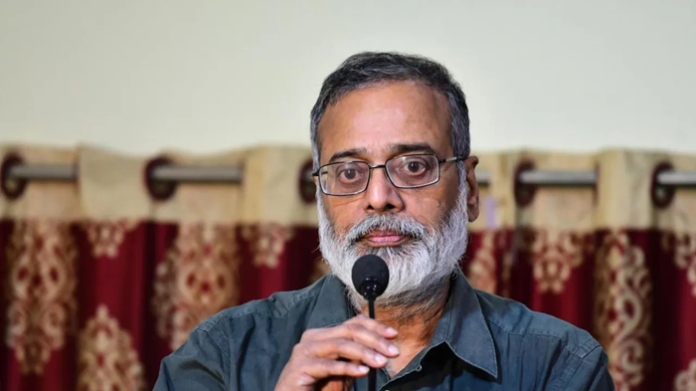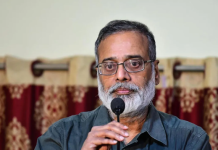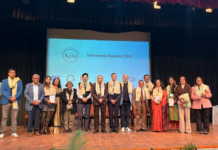The Supreme Court on Wednesday ordered the release of NewsClick Editor Prabir Purkayastha, who was arrested in a UAPA (Unlawful Activities Prevention Act) case, terming his arrest and subsequent remand as illegal. The bench of Justices BR Gavai and Sandeep Mehta said that since the remand copy was not provided to Purkayastha or his counsel, the arrest is void.
However, since Delhi Police has filed a charge sheet in the case, the top court directed Purkayastha’s release on bail on conditions to be fixed by the trial court.
The top court’s order came two weeks after it asked Delhi Police on 30 April as to why it did not inform Purkayastha’s lawyer and pulled it up for its “hot haste” in producing Purkayastha before the magistrate. The court found it surprising that the remand order was passed even before his lawyer received his remand application.
As reported by NDTV, senior lawyer Kapil Sibal, who appeared for Purkayastha, said his client was arrested on October 3 and produced before the magistrate at 6 am the next day. He said only legal aid lawyers and the additional public prosecutor were present, and Purkayastha’s lawyer was not informed. When Purkayastha objected to this, the investigating officer informed his lawyer through telephone, and the remand application was sent to him on WhatsApp.
Purkayastha along with HR head Amit Chakravarty were arrested on October 3 last under the anti-terror law, the Unlawful Activities (Prevention) Act, days after a New York Times investigation alleged that NewsClick had received funding from a network pushing Chinese propaganda.
Delhi Police accused NewsClick and Purkayastha of terror funding and promoting Chinese propaganda. Amit Chakravarty in January turned an approver in the case and has been named as a “witness” in the charge sheet. Delhi High Court on May 6 ordered his release.
According to India Today, Purkayastha was also accused of conspiring with Neville Roy Singham and others to criticize the Indian government’s efforts to contain the spread of Covid-19 and publishing articles against vaccines manufactured by Indian pharmaceutical companies.

















